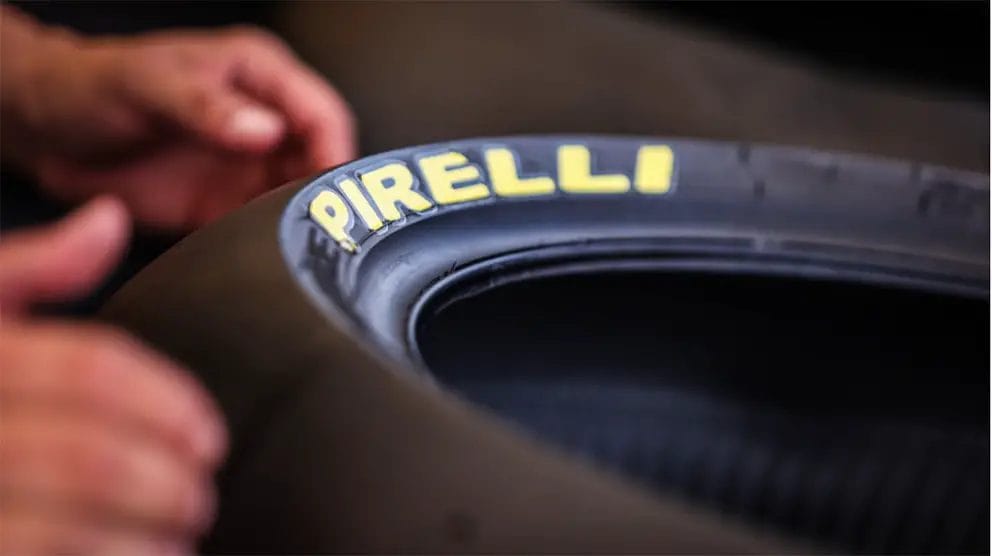Pirelli’s philosophy, as explained by Giorgio Barbier, Director of Pirelli Moto Racing, is to sell what they race with and race with what they sell. This approach was evident during the second day of Moto3 and Moto2 tests in Valencia, following their new role as the sole tire supplier for these categories. Matteo Giusti, Pirelli’s Director of Communication, emphasized that the teams could have obtained these tires from any of Pirelli’s local dealers.
Barbier expressed satisfaction with the tests, noting that this second appointment confirmed what they had observed during their initial contact in Barcelona. The choice of the Montemelo circuit for the tests was deliberate, considering its challenging grip and layout. Pirelli is aware of the responsibility they have taken on, especially with the upcoming shipment of tires to Qatar for the first Grand Prix of 2024.
In just two tests, Moto2 has already surpassed the fastest lap recorded during the Valencia GP, and Moto3 has also shown good performance. Barbier explained that Pirelli has never produced prototype tires, and their approach has been clear from the beginning. Moto3 is entirely new for Pirelli, and they have previously considered entering the category. They have been successful in the British championship and came second in the Japanese championship due to a technical issue with the bike.
Pirelli chose to use the same tire sizes used in the Superbike World Championship for Moto2 and Moto3. Barbier clarified that they had concerns about the width of the front rim of Moto2 bikes, but it turned out not to be a problem. In the future, they plan to return to a 3.50 rim width, as these bikes do not require large tires due to their power and weight.
Barbier did not encounter any significant issues during the Valencia tests and expects some changes now that the teams have more time. Collaboration with partners like Kalex, Boscoscuro, Ohlins, and White Power will be essential to create the right setup for the bikes and tires.
Pirelli’s philosophy in Moto3 and Moto2 involves not bringing their entire range of compounds available. They are focusing on medium/hard tires for now, considering the new circuits and the need to gather more information before introducing softer tires. The durability of the tires is a key interest for Pirelli, given the speed and power of these bikes.
Regarding quality control, Barbier highlighted Pirelli’s 20 years of experience in the Superbike World Championship. They can provide high-quality tires, and their industrial production method ensures minimal issues. Pirelli’s short and medium-term goal is to use the softest compound possible that lasts until the end of the race.
When asked about entering MotoGP when the agreement between Dorna and Michelin ends in 2026, Barbier stated that they have never considered one championship replacing another. While Formula 1 is the top tier, MotoGP is a different situation impacting different markets.







